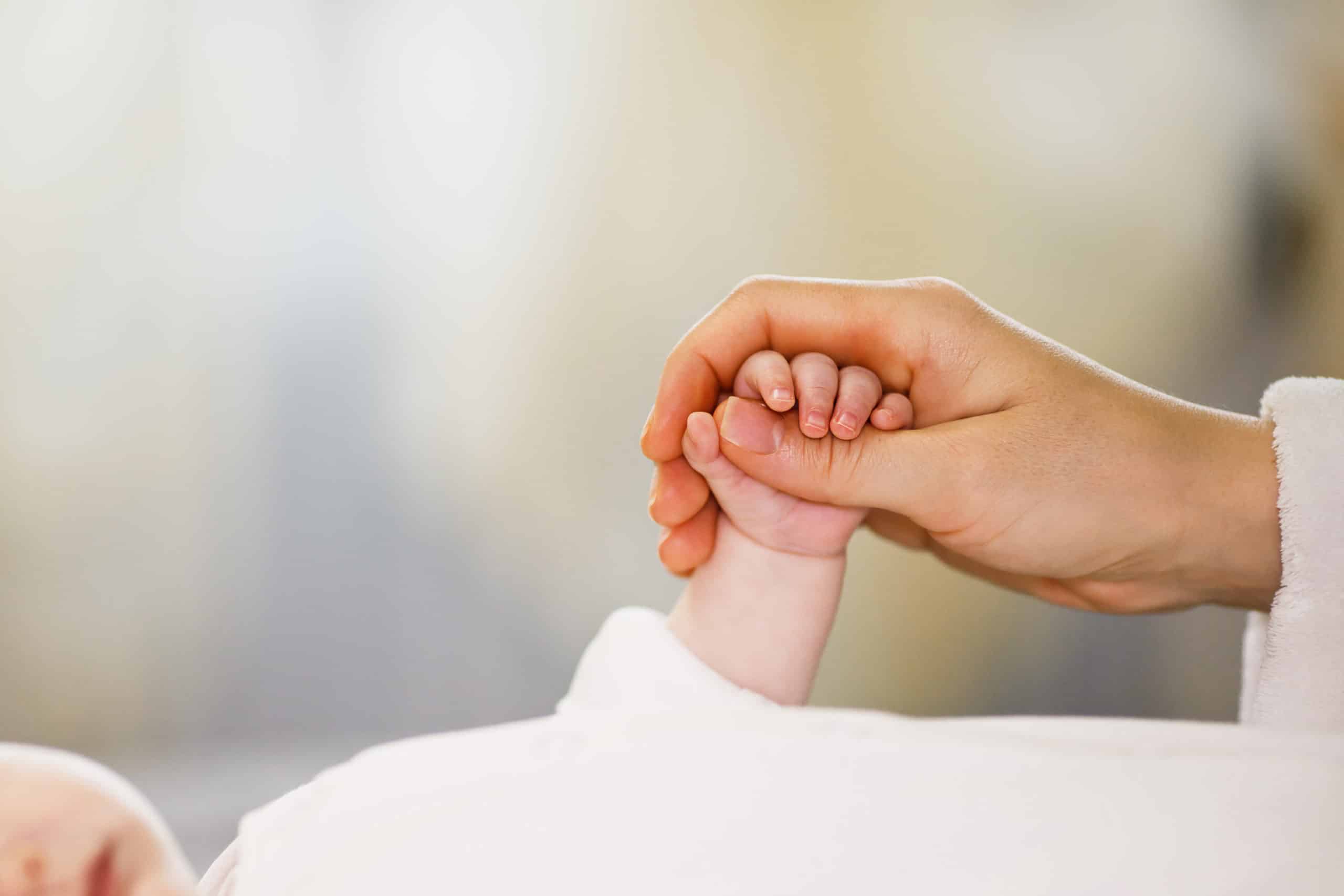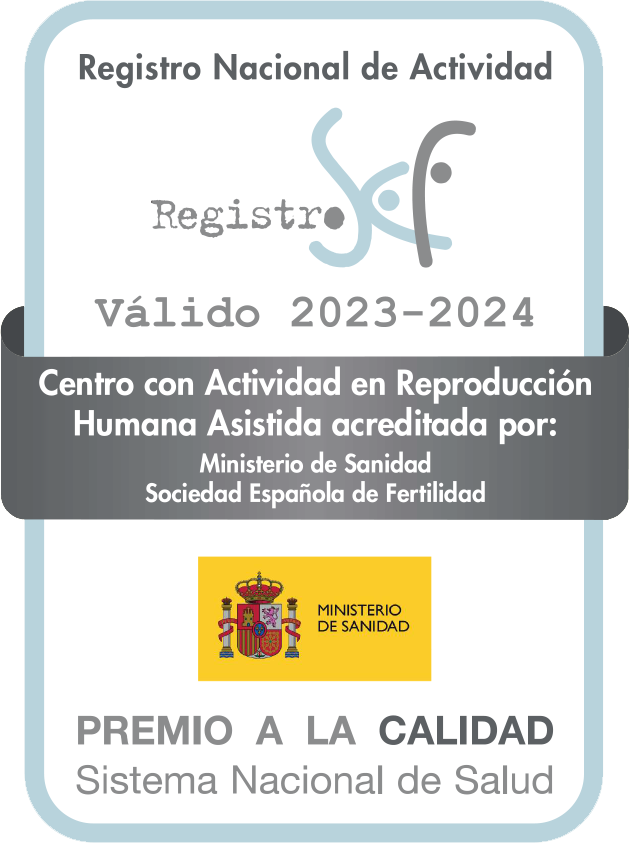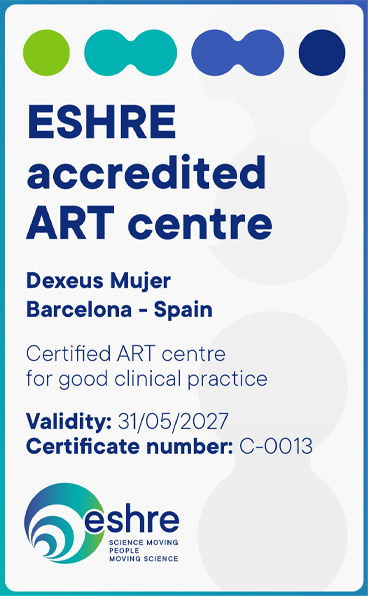If you have a scheduled egg retrieval, you are probably a little nervous. Rest assured, it is a straightforward procedure. It involves aspirating the eggs or oocytes from your ovarian follicles through an ultrasound-guided vaginal puncture, which means the doctor will be able to see the whole process on a screen. Besides, it usually takes no more than 20 or 30 minutes and is performed under sedation (mild anaesthesia). However, the wait can sometimes feel long, and you may wonder if it will hurt afterwards, what kind of rest is required after the procedure, or when you can have sex or exercise again. In this post, you will find helpful information to answer these questions.
Dr Marina Solsona, a fertility specialist at Dexeus Mujer, addresses the most frequently asked questions on this subject and offers some tips that will help you feel more at ease, both before and after the procedure..
What should I bear in mind before the egg retrieval? You can lead a normal life while taking the same precautions as for the stimulation treatment: you should avoid physical exertion, especially impact sports, and if you have sex, it is advisable to use protection. We also recommend that you avoid taking anti-inflammatory drugs that may interfere with the follicular development process. If you are taking other medications, please consult your doctor. As for food and drinks, you can maintain your usual diet, but you should avoid drinking too much alcohol.
On the day of the egg retrieval, you must not eat or drink anything for at least 6-8 hours before the procedure. You should not wear make-up, nail polish, perfume, jewellery, or piercings. We advise you to wear comfortable, loose-fitting clothes that are not too tight or constricting.
How long will I stay at the clinic? The actual egg retrieval usually doesn’t last more than 20-30 minutes, as we have already mentioned, but you should plan for at least a two-hour stay, considering the procedure itself, the previous steps (such as placing the IV and administering the anaesthesia), and the subsequent recovery time.
Can I go home alone after the procedure, or do I need an escort? You will be able to walk after the procedure, but it is better to have someone take you home, preferably by car or taxi. You should avoid riding a motorbike or using public transport, as there is a risk of sudden movements or falls. We advise you not to exert yourself or lift heavy weights.
Will I feel any pain? During the egg retrieval, you won’t feel a thing because it is performed under sedation. However, after the procedure, it is common to feel tired and experience period-like discomfort in your lower abdomen, where the ovaries are located. You may also experience bloating or abdominal distension for a few days. Generally, the discomfort decreases as the days go by and disappears completely after your first period.
Can I take painkillers to relieve any discomfort after the retrieval? Yes, you can take painkillers every 8 hours. If you experience increasing pain, fever, dizziness, or malaise, you should consult your doctor.
How long do I need to rest, and what does “rest” mean exactly? Relative rest is recommended following the retrieval. Although you don’t need to stay in bed and can walk freely, it is preferable to take it easy for the first 24-48 hours after the procedure. It is not advisable to do sport, lift heavy weights, or exert yourself physically.
Does the egg retrieval involve any risks or complications? The risks are generally very low, as the procedure is monitored by ultrasound. The most common complications, although the incidence is low, are bleeding or infection.
What follow-up checks are performed to ensure that everything has gone well? Subsequent monitoring will depend on the treatment prescribed by your doctor.
When can I have sex or practice sport again? We recommend waiting until your period starts again and any discomfort has completely disappeared
– Dizziness
– Pain unrelieved by painkillers
– General malaise
– Vomiting
– Fever
– Difficulty urinating





